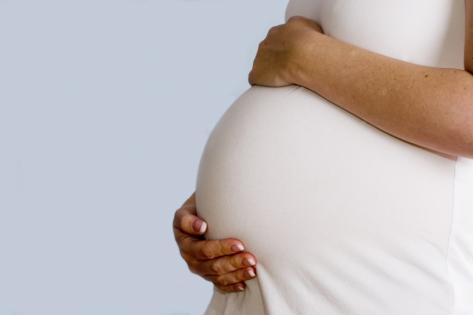Most of the changes that come with pregnancy - the baby bump, being tired, mood swings, cravings for particular foods, and the like - are normal, temporary, and harmless. But two other changes, pregnancy-related high blood pressure and diabetes, may have long-lasting implications for heart health according to Dr Howard LeWine of Harvard Health.
The development of high blood pressure during pregnancy is known as preeclampsia; pregnancy-related diabetes is called gestational diabetes. They are different from ‘regular’ high blood pressure and diabetes because both are ‘cured’ by delivery.
Dr LeWine says a study published last year suggests that these complications boost a woman’s risk of cardiovascular disease during middle age.
Researchers looked at the pregnancies of more than 3,400 women enrolled in a longitudinal study at the University of Bristol in the UK in the early 1990s and followed their health for nearly 20 years. By age 50, the 10-year risk for heart disease was 31% higher for women who developed preeclampsia during their pregnancies than women who didn’t. Those who developed gestational diabetes had a 26% higher 10-year risk.
Preeclampsia and gestational diabetes also affected the women’s babies. Women with preeclampsia were more likely to give birth to underweight babies and deliver prematurely. Women with gestational diabetes were more likely to deliver overweight babies.
Preventing problems before and after
Dr LeWine says the findings from the study suggest that pregnancy may be a kind of months-long ‘test’ of the heart and other systems. Preeclampsia, gestational diabetes, and other pregnancy-related complications could be early signs of some underlying problem that eventually leads to heart disease.
Can these problems be avoided? Sometimes, says Dr LeWine.
“Women who are not yet pregnant can help prevent them from occurring by aiming for a healthy weight, exercising, and adopting a healthy diet before getting pregnant. During pregnancy, being careful about weight gain, exercising, and eating well are even more important.”
Nonetheless, there are still some women who are meticulous about all those things still develop preeclampsia or gestational diabetes, Dr LeWine says.
“If you developed preeclampsia or gestational diabetes during pregnancy, it’s a good idea to talk with your doctor about tracking your blood pressure and blood sugar more carefully as you get older. You might need to pay more close attention to them than someone who sailed through pregnancy without either of these complications.”



















__small.png)










